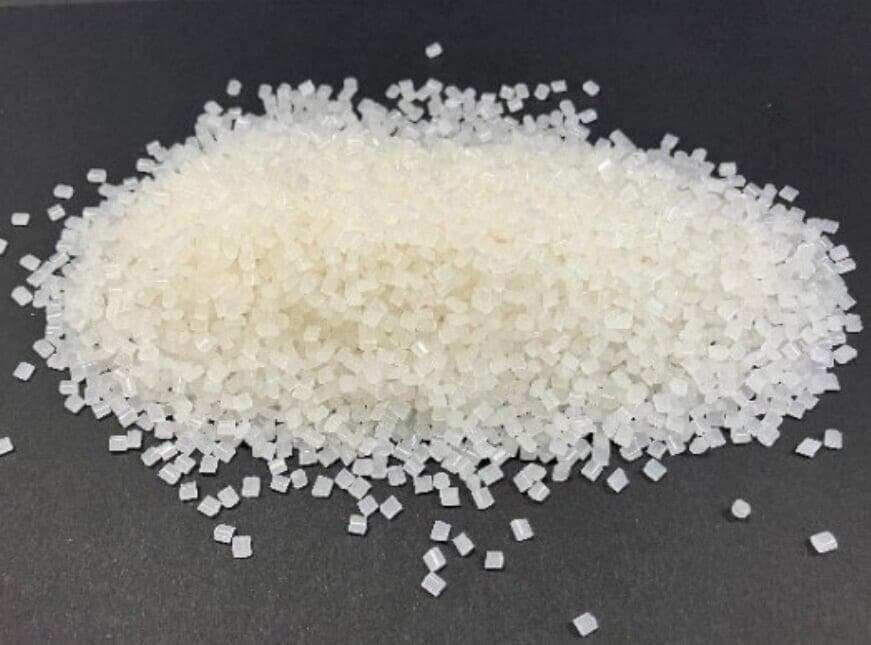October 29, 2024 Teijin Frontier Ltd. announced the global launch of its BIOFRONT® PLA (polylactic acid) resin, a biodegradable resin that breaks down more efficiently in natural environments, such as oceans, rivers, and soils, than conventional PLA.
Teijin Frontiers is adding a new biodegradation accelerator to PLA polymers designed to increase the rate of hydrolysis, allowing bacteria and fungi to consume and break down the material more efficiently than with conventional PLA, but without compromising the material's structural integrity, crystallinity or plasticity.
Unlike standard PLA, which requires high temperature and humidity conditions for decomposition, this PLA degrades faster in marine, river and soil environments with lower densities of bacteria and fungi. In addition, the PLA decomposition time is controlled by adjusting the dose and configuration of the accelerant to the desired service life. It has the potential to mitigate plastic pollution, especially microplastics.

This PLA resin has a wide range of applications and can be processed in the same way as traditional PLA polymers for applications including films, injection molded products, extrusions, and fibers for textiles and nonwovens. This compatibility makes it an attractive alternative for industries looking to reduce their environmental impact without sacrificing manufacturing efficiency or product quality.
Another advantage of this PLA resin is that, due to its accelerated degradation, it has the potential to mitigate plastic pollution, especially microplastics. In addition, it is plant-based and can reduce carbon dioxide emissions over its life cycle compared to petroleum-derived plastics, in line with efforts to reduce greenhouse gases and promote a circular economy.
BIOFRONT® PLA is now fully commercialized and available in Japan and around the world. The company plans to continue developing biodegradable materials to help reduce the environmental impact of plastics. With BIOFRONT®PLA, Teijin Frontier has taken an important step in the global movement toward sustainable and biodegradable materials.

